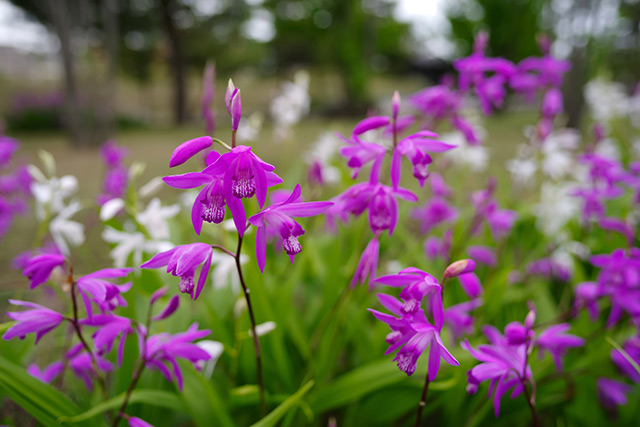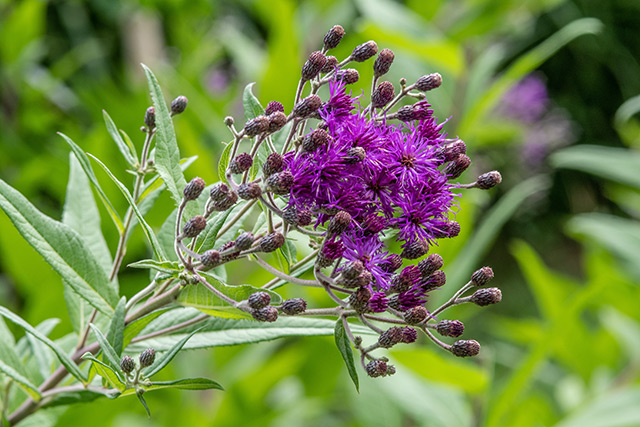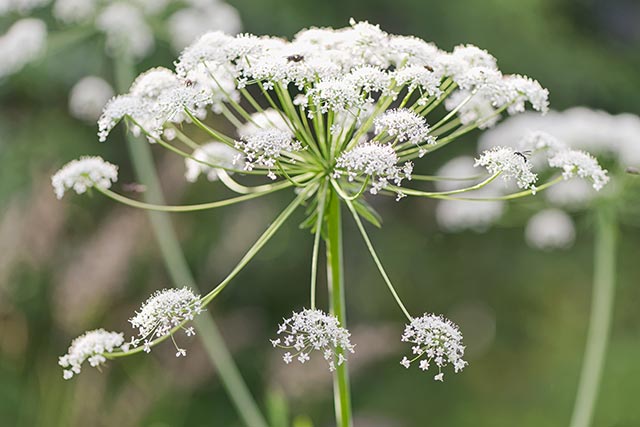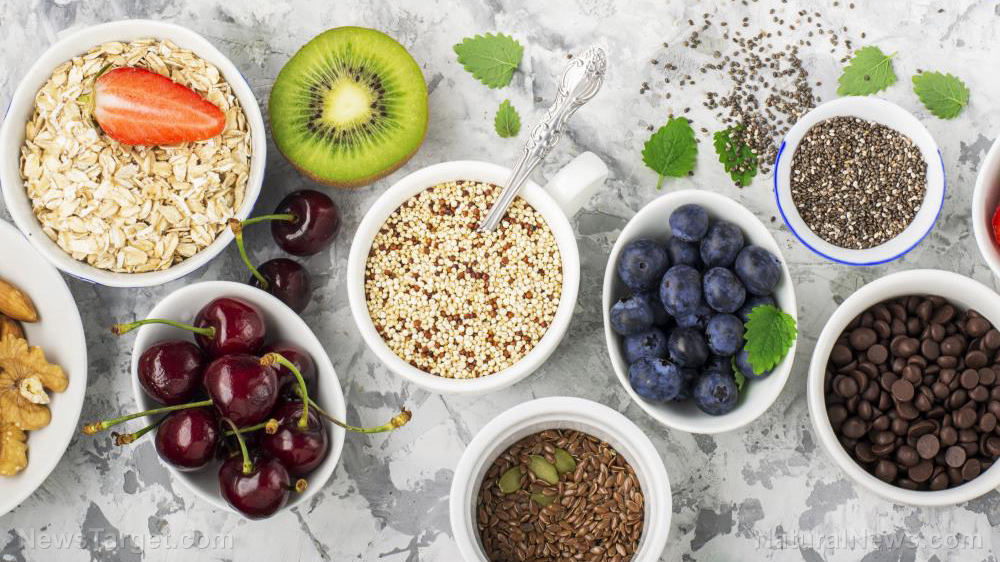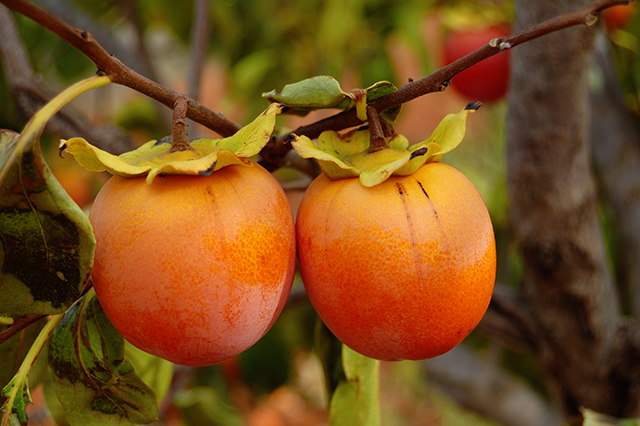A well-known herbal medicine has been scientifically proven to treat inflammatory skin conditions
01/24/2019 / By Ellaine Castillo
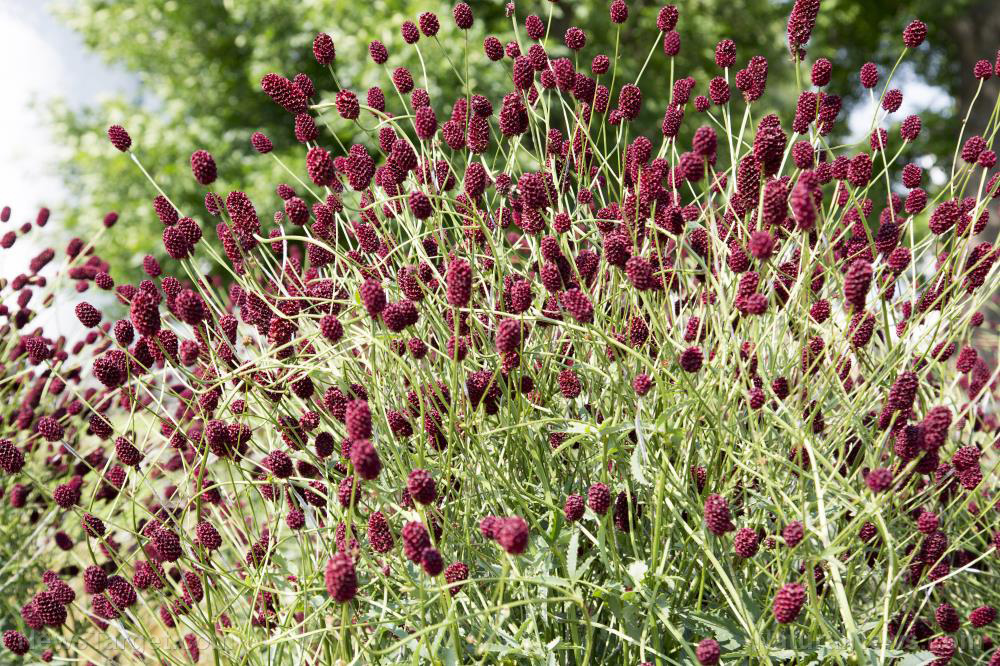
The underlying mechanism behind the use of Sanguisorbae Radix as a medicinal herb for the treatment of various inflammatory conditions has been uncovered by researchers from the Korean Institute of Oriental Medicine. The study, which was published in BMC Complementary and Alternative Medicine, looked into the effects of Sanguisorbae Radix on stimulated human keratinocyte cells and BALB/C mouse bone marrow-derived mast cells.
The dried root of the great burnet (Sanguisorba officinalis) is a commonly used herbal medicine, known as Sanguisorbae Radix. It is normally used to treat burns, inflammation, and allergic skin diseases, such as atopic dermatitis. Aside from these, Sanguisorbae Radix also has anti-wrinkle and antioxidant properties. Although it is commonly used, the rationale behind its effectiveness is still poorly understood.
Two cell types that have been implicated in inflammatory responses are the mast cells and keratinocytes. When there is an inflammation, mast cells undergo degranulation wherein they release pro-inflammatory cytokines, chemokines, and inflammatory mediators outside of the cell. Similarly, keratinocytes can also produce pro-inflammatory chemokines. In addition to these, mast cells also induce eosinophil chemotaxis at sites of inflammation. In this study, the mechanism of action of Sanguisorbae Radix water extract in inflammatory diseases was determined based on its effects on these types of cells.
To determine if Sanguisorbae Radix is potentially harmful to the cells, a cell viability assay, using a cell counting kit, was conducted. Results showed that Sanguisorbae Radix is not harmful to cells at concentrations of up to 50 micrograms/mL. However, a concentration of 100 micrograms/mL already exhibits mild cytotoxic activity.
One of the substances released by mast cells undergoing degranulation is beta-hexosaminidase. It was determined based on the reduced levels of beta-hexosaminidase that the treatment of IgE/Ag-activated bone marrow-derived mast cells with Sanguisorbae Radix inhibits degranulation. This inhibition of degranulation was observed to follow a dose-dependent manner.
The study also looked into the production of chemokines, including TARC, RANTES, MDC, and IL-8, by human keratinocyte cells. It was shown that stimulation of cells with tumor necrosis factor alpha and interferon gamma causes an increase in the levels of these chemokines. However, treatment of stimulated cells with Sanguisorbae Radix water extract effectively inhibits the production of these chemokines in a dose-dependent manner.
Additionally, the expression of genes corresponding to the aforementioned chemokines was measured using RT-PCR. The results show that the response of these genes to stimulation and treatment followed the same trend as their protein counterparts.
Pathways associated with chemokine production of human keratinocyte cells were also used to determine the mechanism that Sanguisorbae Radix utilizes. The pathways that were studied include the p38, c-Jun NH2-terminal kinase (JNK), signal transducer and activator of transcription 1 (STAT-1), and Janus kinase 2 (JAK-2) pathways. Results showed that all of these pathways were inhibited upon treatment with Sanguisorbae Radix.
Overall, the results of the study show that Sanguisorbae Radix can inhibit mast cell degranulation and pro-inflammatory chemokine production by suppressing the p38, JNK, STAT-1, and JAK-2 signaling pathways. These results prove that Sanguisorbae Radix is an effective anti-inflammatory herbal medicine. (Related: Five best natural anti-inflammatory herbs.)
Alternative remedies for inflammation
Aside from Sanguisorbae Radix, the natural herbs and foods that can treat inflammation include:
- Turmeric – The pigment curcumin, responsible for giving turmeric its characteristic yellow appearance is also known to give turmeric its anti-inflammatory activity. In addition to this, turmeric also has other health benefits such as antioxidant and anti-cancer activity.
- Pineapple – An enzyme found in pineapples, known as bromelain, was shown to exhibit anti-inflammatory activity once absorbed into the bloodstream. It is recommended to juice pineapples, especially the hard stem, for it to be effective.
- White willow – This herbal medicine is commonly derived from the bark of the white willow tree. It contains salicin, a compound similar to aspirin, which can be attributed to the ability of the herb to reduce inflammation and fever.
- Chili peppers – Capsaicin in chili peppers don’t just make them hot, they are also effective against inflammation. This compound can be found in any chili pepper variety and can be consumed fresh or powdered.
Learn more about Sanguisorbae Radix and other effective medicinal herbs by visiting Herbs.news today.
Sources include:
Tagged Under: anti-inflammatory, great burnet, herbal medicine, human keratinocytes, inflammation, inflammatory skin conditions, mast cells, Sanguisorba officinalis, Sanguisorbae Radix

